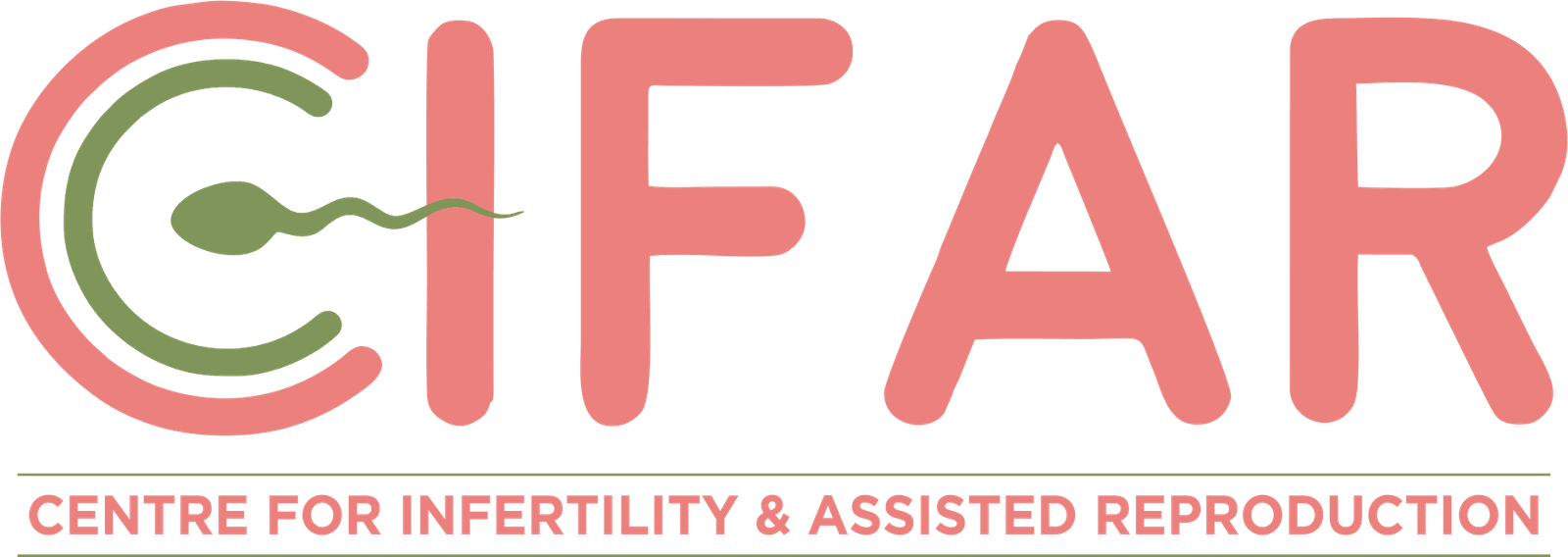When considering the optimisation of one’s diet for the success of In Vitro Fertilisation (IVF), it is imperative to take into account certain crucial elements. A healthy diet can play a crucial role in supporting fertility and IVF success.
Below is a thorough summary encompassing all the essential information regarding the optimal IVF diet:
Nutrient-Rich Foods:
The consumption of nutrient-dense foods that are abundant in important vitamins, minerals, and antioxidants is of paramount importance. These essential nutrients are of paramount importance in maintaining reproductive health and fertility.
It is recommended to incorporate a nutritious diet that encompasses a wide range of fruits, vegetables, whole grains, lean proteins, healthy fats, and dairy or dairy alternatives.
Folate and Folic Acid:
Folate, a B-vitamin, plays a crucial role in foetal development and has the potential to enhance fertility. To enhance your dietary intake, it is advisable to include folate-rich foods such as leafy green vegetables, legumes, fortified grains, and citrus fruits.
Furthermore, it is often advised by IVF Doctors to consume a prenatal supplement that includes folic acid prior to and throughout in vitro fertilisation (IVF) therapy.
Omega-3 Fatty Acids:
Omega-3 fatty acids have a crucial role in maintaining reproductive health and have the potential to enhance fertility. It is advisable to incorporate omega-3 sources into one’s dietary regimen, such as fatty fish (e.g., salmon, mackerel, sardines), flaxseeds, chia seeds, walnuts, and hemp seeds.
Protein:
The consumption of sufficient protein is essential for maintaining optimal egg and sperm health. Opt for low-fat protein sources such as poultry, fish, eggs, tofu, lentils, and nuts. It is recommended to incorporate protein into every meal and snack in order to facilitate hormone synthesis and enhance reproductive capabilities.
Healthy Fats:
To optimise dietary intake, it is advisable to include sources of healthy fats, such as avocados, nuts, seeds, olive oil, and coconut oil. These lipids play a crucial role in maintaining hormonal equilibrium and maybe promoting reproductive well-being.
Complex Carbohydrates:
According to Dr. Puneet Rana Arora, choose complex carbs that have a high fibre content and exhibit a low glycemic index. Whole grains, legumes, fruits, and vegetables are considered to be highly beneficial sources of complex carbohydrates, given their ability to offer long-lasting energy and aid in the regulation of blood glucose levels.
Hydration:
Hydration is crucial for maintaining optimal health and fertility. Ensure adequate hydration throughout the day and restrict the intake of sugary drinks and excessive caffeine, as they can have adverse effects on fertility.
Antioxidants:
Consuming foods that are high in antioxidants can potentially safeguard against oxidative stress and promote reproductive health. The dietary regimen should incorporate a variety of foods, including berries, citrus fruits, nuts, seeds, and leafy green vegetables, as they possess a notable abundance of antioxidants such as vitamin C, vitamin E, and selenium.
Limit Processed Foods and Sugars :
Dr Puneet Rana Arora also advises restricting the consumption of processed foods, refined carbohydrates, and unhealthy fats due to their potential to induce inflammation and disrupt hormonal equilibrium, which can have adverse effects on fertility.
Moderate Alcohol and Caffeine:
Restrict the consumption of alcohol and caffeine to moderate levels, as excessive intake of these substances might have adverse effects on fertility. Adhere to moderate quantities or contemplate complete elimination of them during IVF treatment.
Maintain a Healthy Weight:
The objective is to attain and sustain a healthy weight by adhering to a well-balanced dietary regimen and engaging in consistent physical exercise. Both underweight and overweight may encounter difficulties with fertility, thus it is crucial to aim for a weight range that promotes good health.
Consult Dr Puneet Rana Arora at CIFAR FERTILITY CENTER, IVF Specialist in India
It is advisable to get guidance from a IVF Experts or a certified dietitian who specializes in fertility nutrition prior to implementing substantial modifications to one’s dietary or supplemental routine. They have the capability to offer tailored suggestions according to your specific health condition and treatment regimen.
According to Dr. Puneet Rana Arora, Director & IVF Expert at CIFAR FERTILITY CENTER, Gurugram, Delhi NCR Region, it is advisable to all couples who are enhancing the likelihood of successful in vitro fertilization (IVF) to prioritize a healthy diet that is abundant in nutrients, promotes general well-being, and caters to the specific dietary requirements related to fertility.
It is crucial to bear in mind that although diet holds significance, it constitutes merely a single facet within a holistic framework of reproductive care, encompassing medical therapies, lifestyle elements, and emotional assistance.
